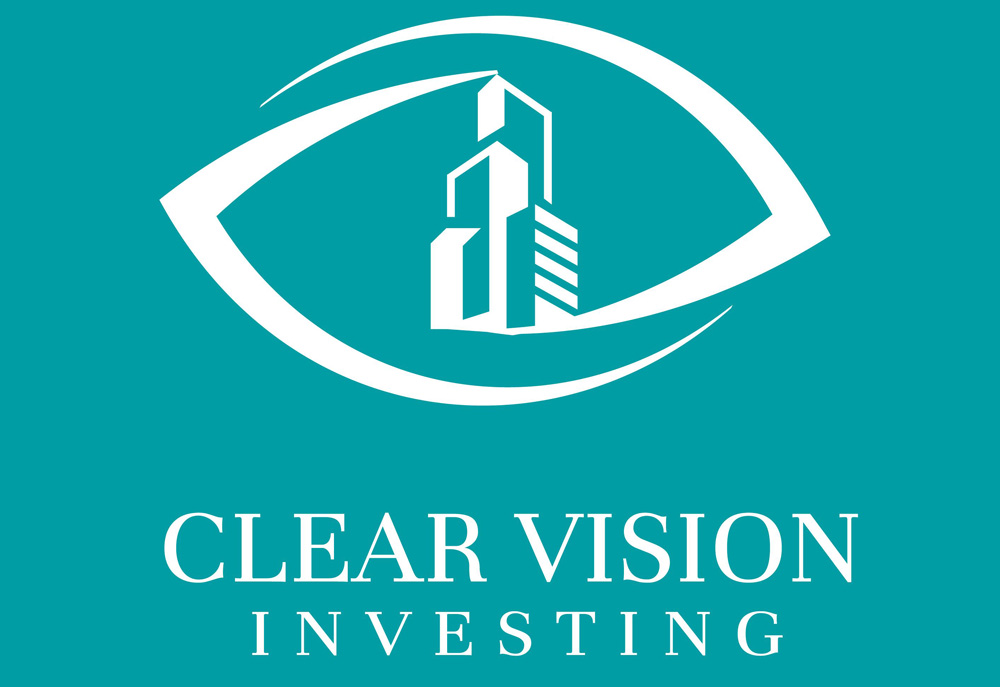5 Lessons from Rich Dad, Poor Dad
When you ask real estate investors what book inspired them the most, many will name “Rich Dad Poor Dad” by Robert Kiyosaki.
I’m no exception. This book made me think differently about money, and spurred my journey as a real estate investor. The book offers powerful insights about money, time, and investing.
I recently re-read “Rich Dad, Poor Dad” and below are 5 principles from the book that I think will reshape your thinking:
#1. Financial Education = Your Greatest Asset
“Intelligence solves problems and produces money, but money without financial intelligence is quickly lost.” – Robert Kiyosaki
How much did you learn about money and finances during school and residency training? If you’re anything like me, probably very little. Despite going to some top Ivy League schools, I received almost zero financial education. I learned how to operate on people’s eyeballs, but not how money works.
You can be highly educated and successful in your profession, making lots of money, but you can still be financially illiterate. An important message of “Rich Dad Poor Dad” is that money isn’t your greatest asset, your financial literacy is.
If you don’t know how money works and how to play the money game, you will never win. It’s your financial education that will help you succeed with money. So do all you can to become financially literate and learn how to win the game of money.
#2. The Rich Doesn’t Work For Money
“If you work for money, you give the power to your employer. But if money works for you, you keep the power and control it.” – Robert Kiyosaki
The poor work for money and the rich make their money work for them.
Most people work for money. They are paid by the hour or by the job. The person working at McDonalds for $15 an hour and the surgeon making $250 per hour shares an important similarity: they are both trading time and effort for money. They don’t get paid unless they go to work.
The rich learn to put their money to work for them, and enjoy the tax benefits of having income that does not come from a paycheck.
#3. Know the Difference Between Assets and Liabilities
“You must know the difference between an asset and a liability, and buy assets. If you want to be rich, this is all you need to know. It is rule number one. It is the only rule.” – Robert Kiyosaki
An asset is anything that puts money in your pocket, and a liability is something that takes money out of your pocket. The rich acquire assets such as cashflowing real estate, businesses, and dividend-paying stocks. The poor buy liabilities and think they’re assets (but they’re not).
Once you understand the difference between an asset and a liability, concentrate on buying income-generating assets. Most people buy luxuries first, like cars and big houses. But the rich buy assets first and use the income from their assets to buy luxuries.
As Kiyosaki says, “The long-term rich build their asset column first. Then the income generated from the asset column buys their luxuries. The poor and middle class buy luxuries with their own sweat, blood, and children’s inheritance.”
#4. Work to Learn, Not to Earn
“Look down the road at what skills they want to acquire before choosing a specific profession and before getting trapped in the Rat Race.” – Robert Kiyosaki
Kiyosaki stresses the importance of acquiring knowledge over making money. He says we should seek to work for what we’ll learn more than what we’ll earn. He suggests we look at the skills we want to acquire.
#5. Failure Inspires Winners
“Failure inspires winners and defeats losers. When something does not work out the way you planned, let it inspire you to try a different approach. Learn and move on.” – Robert Kiyosaki
Those who avoid failure also avoid success. The poor are scared to fail, while the rich take risks. Every rich person has lost money at some point. The reason most people don’t win financially is because the fear of losing money is far greater than the joy of being rich.
The key lesson is not to be afraid to lose, and be bold enough to admit and learn from your failures. Kiyosaki says that the biggest secret of winners is this: failure inspires winning and winners are not afraid of losing.
Conclusion
Investing in real estate requires both mindset and skillset. I hope these five lessons from “Rich Dad, Poor Dad” provide a framework of how to think about money and investing. Join our Clear Vision Investing community to learn more about passive real estate investing, and start building your assets to have money work for you.

